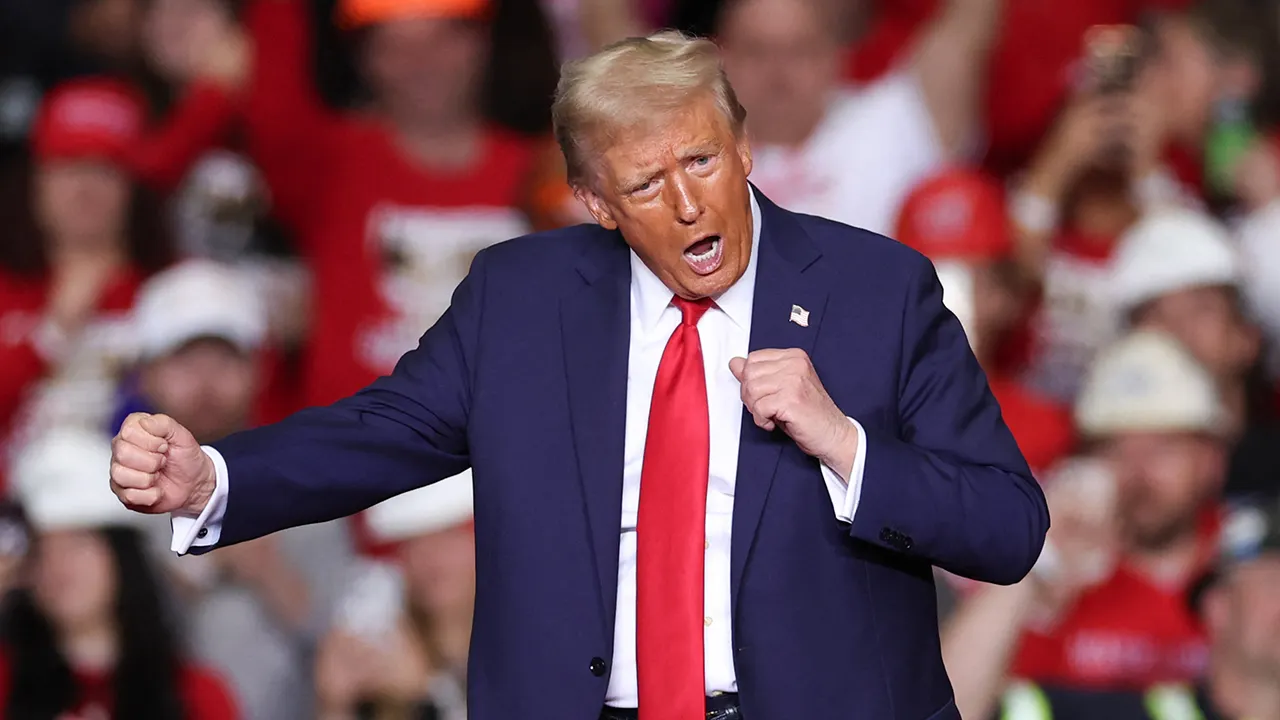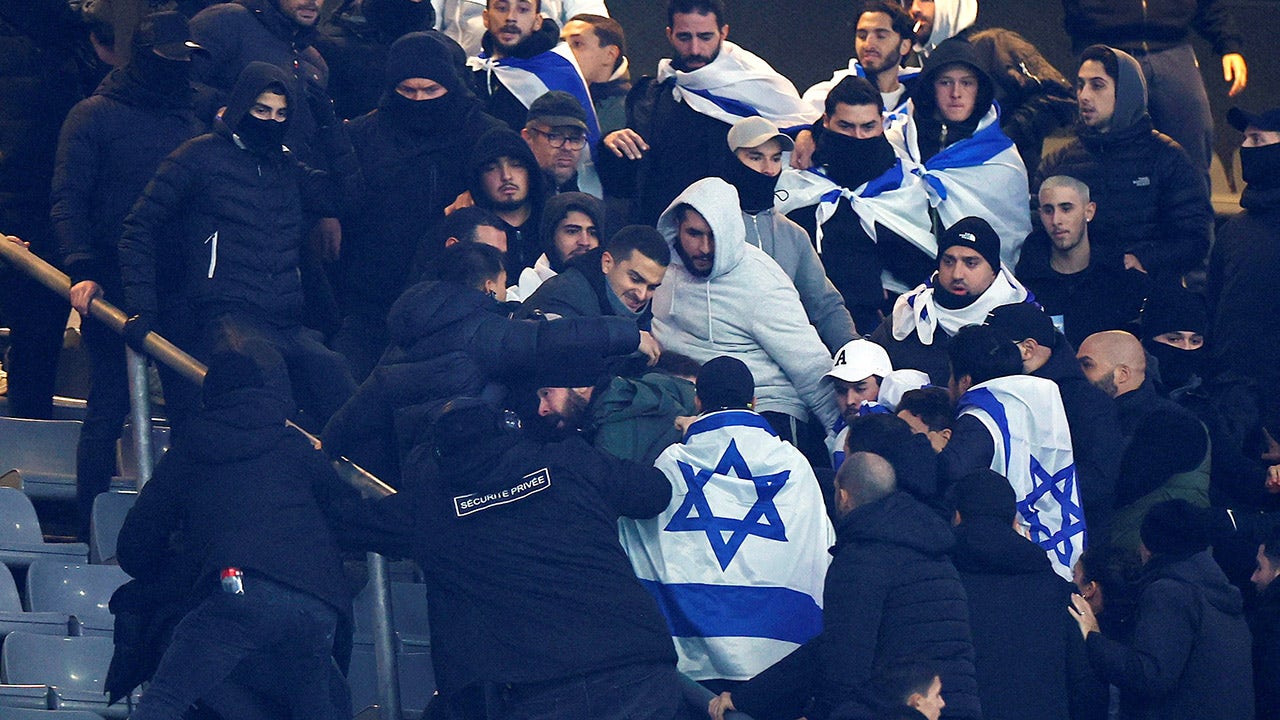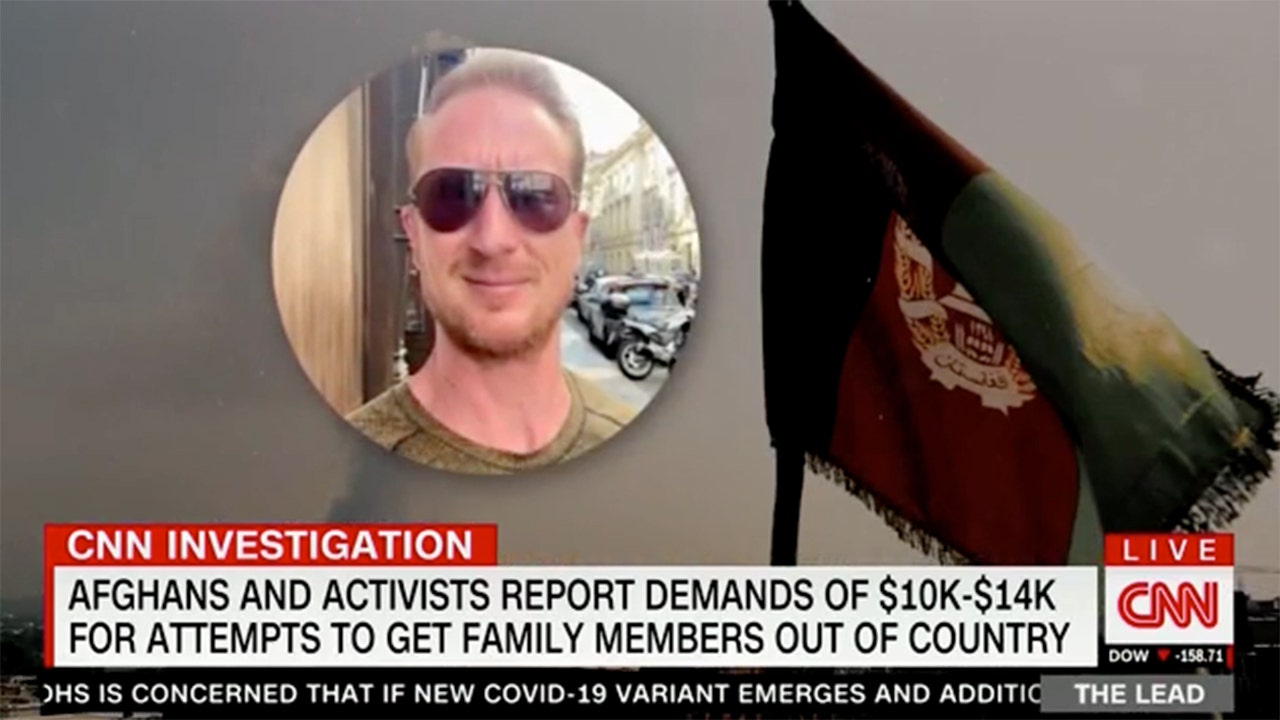9th Circuit Upholds Carry Ban In Some California, Hawaii Locations

A federal court has ruled that Hawaii and California—two of the most anti-gun states in the nation—can enforce some portions of their “sensitive places” laws passed after the 2022 U.S. Supreme Court ruling in New York State Rifle & Pistol Association v. Bruen.
On September 6, a three-judge panel of the 9th Circuit Court of Appeals unanimously ruled in the cases Wolford v. Lopez and Carralero v. Bonta that both states can enforce bans in bars and restaurants that serve alcohol. Additionally, the court upheld California’s carry ban in casinos, libraries, zoos, stadiums, museums and their adjacent parking lots, and Hawaii’s ban at beaches.
Using the two-prong standard in Bruen, lower courts in both states found the laws unconstitutional because there were no analogous laws during the time of the founding. The 9th Circuit, however, disagreed.
In its opinion, the three-judge panel—all of whom were appointed by Democrat presidents—seem to take some liberties with how they utilized the second Bruen standard in deciding that some of the banned areas should remain gun-free.
“The panel concluded that the proper approach for determining whether a place is sensitive is as follows: For places that have existed since the Founding, it suffices for Defendants to identify historical regulations similar in number and timeframe to the regulations that the Supreme Court cited as justification for designating other places as sensitive,” the ruling stated. “For places that are newer, Defendants must point to regulations that are analogous to the regulations cited by the Supreme Court, taking into account that it is illogical to expect a government to regulate a place before it existed in its modern form.”
The panel also chose another curious method for determining historical president in overturning parts of the lower courts’ decisions.
“Historical regulations need not be a close match to the challenged law; they need only evince a principle underpinning our Nation’s historical tradition of regulating firearms in places relevantly similar to those covered by the challenged law,” the ruling stated.
Note that the appeals court did uphold parts of the lower court orders ruling that neither state could enforce bans on carrying guns in banks or adjacent parking lots, and that Hawaii cannot enforce a ban on guns in parking lots shared by government and non-government buildings. It also ruled that California cannot enforce bans in hospitals, public transit, gatherings requiring a permit and places of worship.
Chuck Michel, president of the California Rifle & Pistol Association, said the ruling left some areas dangerous because of the ban on carry by lawful citizens.
“This law was never about safety,” Michel said in an email to Reuters. “The places where permits are now invalid have now become criminal empowerment zones, and the public is less safe in those places.”
For its part, leaders of the Firearms Policy Coalition, while disappointed with the ruling, were glad that bans in certain areas remain blocked.
“This partially favorable decision from the Ninth Circuit shows how far we’ve come over the past decade,” said Brandon Combs, FPC president. “But this case, and our work to restore the right to bear arms, is far from over. FPC will continue to fight forward until all peaceable people can fully exercise their right to carry in California and throughout the United States.”
Read the full article here






